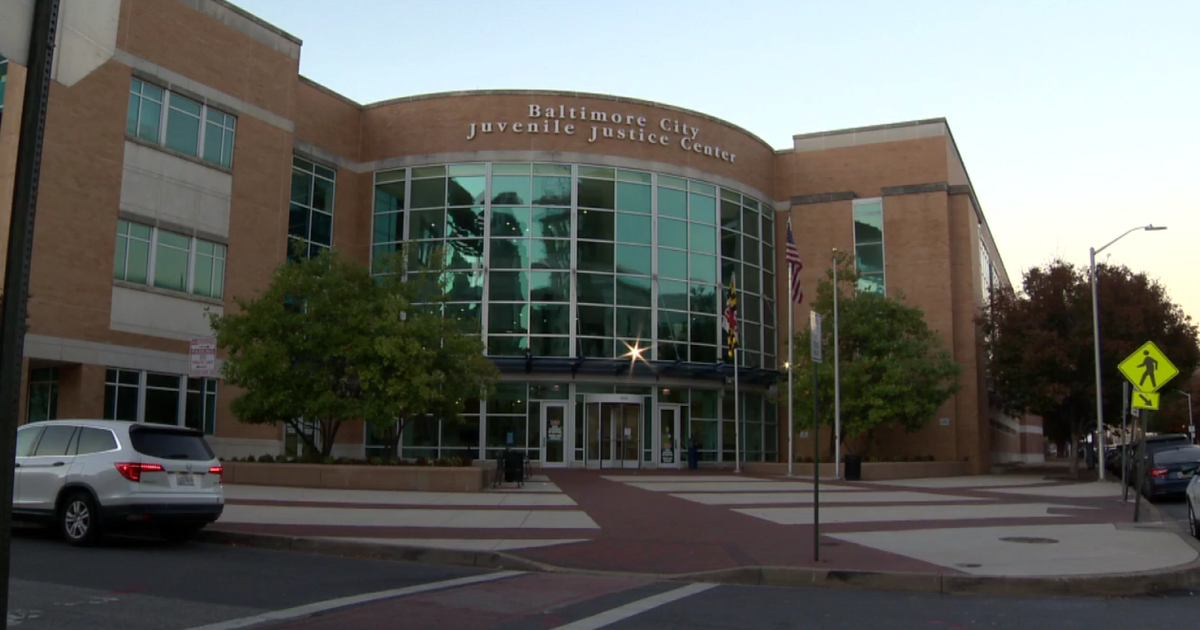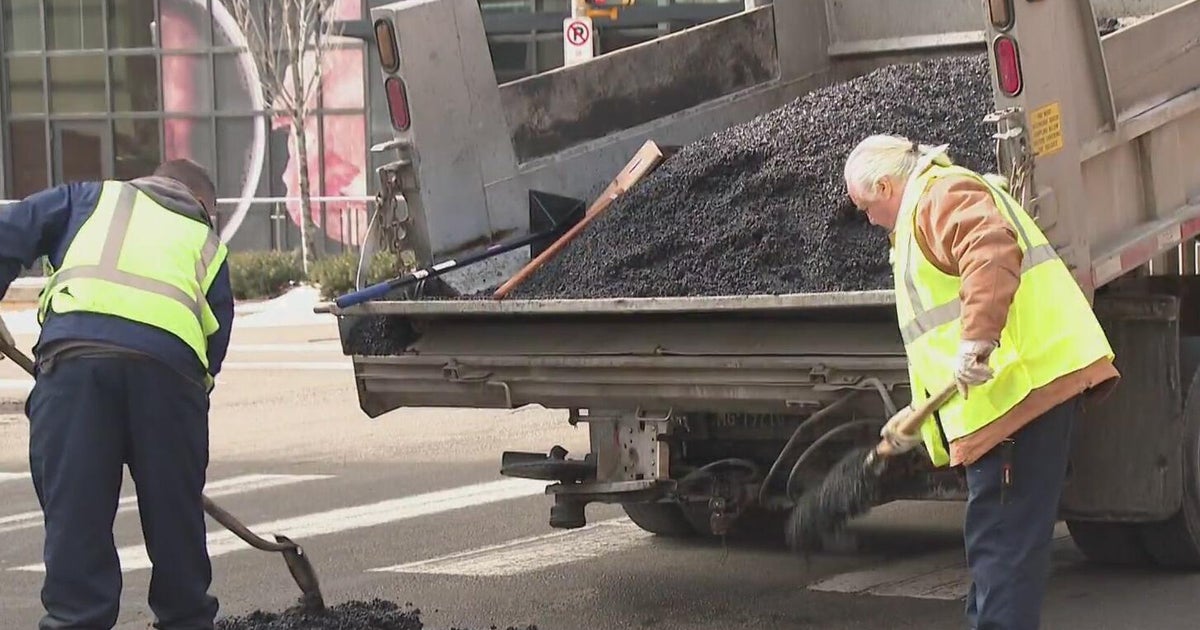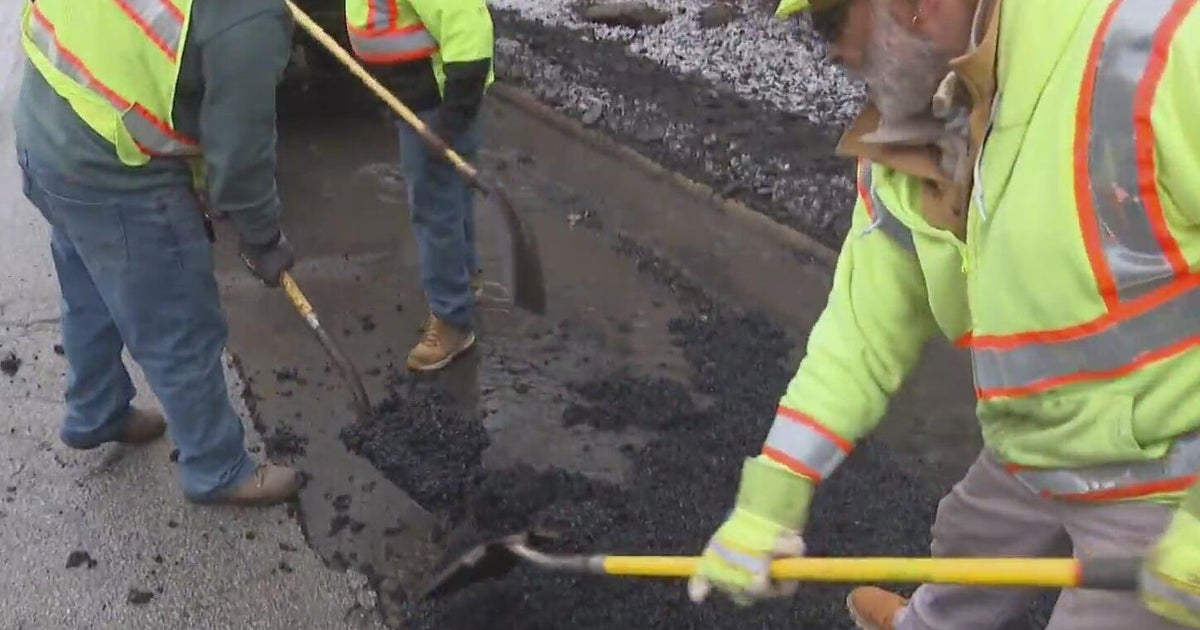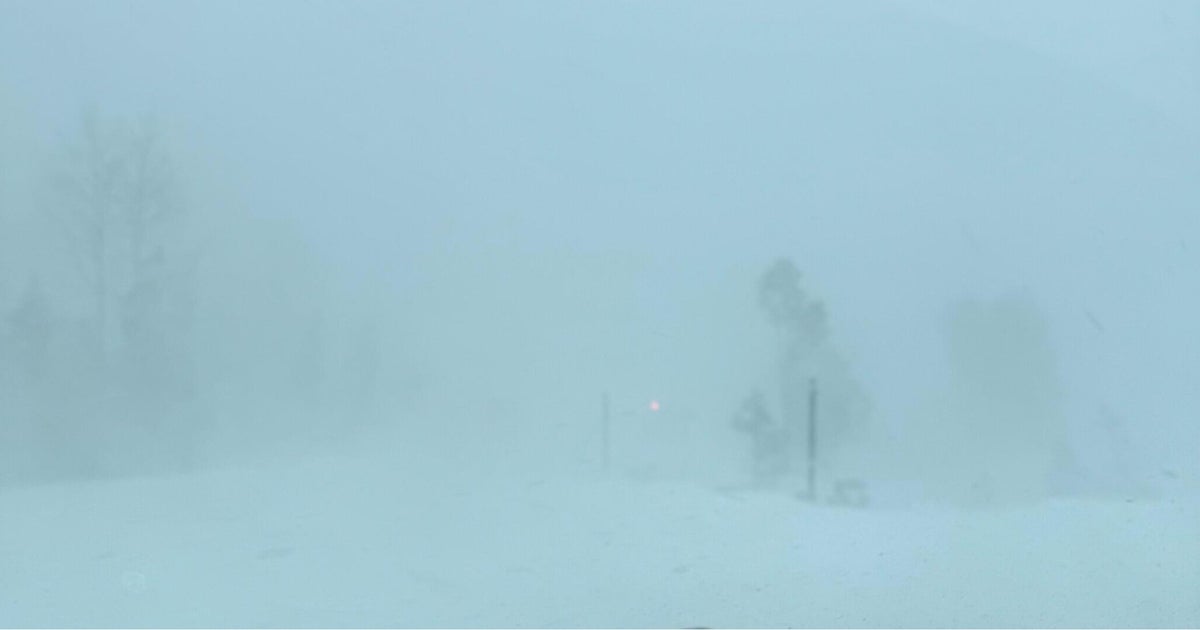Roadworkers monitored closely as dangerous heat sets in, Maryland officials say
BALTIMORE -- Filling a pothole can be dirty work, but it can become hazardous when highway workers handle hot asphalt in extreme heat.
It's one of the many concerns Maryland crews face as a heat wave parks over the state. State inspectors are making a greater effort this week to monitor crews as the temperature rises.
"The heat doesn't just affect one person it affects a group of people," Charlie Gischlar with Maryland State Highway Administration said. "And being exposed in those kinds of conditions for a long period of time can really stress your cooling mechanism within your body."
According to OSHA, new employees whose bodies have not adjusted to working in the heat are most vulnerable. Nearly 3 out of 4 workers who die from heat-related causes die in their first week on the job.
The Maryland State Highway Administration said workers have experienced heat strokes.
The hottest part of the day tends to be between 10 a-m to 4p-m.
But that's the prime time where highway workers start their day and can overexert themselves when working with concrete and scorching asphalt.
Team leaders are tasked with monitoring the crew to ensure that their exposure to heat doesn't lead to signs of a heat stroke like nausea, dizziness, or clamminess.
To prevent more dangerous cases, policy states that if a worker starts to act woozy, a supervisor will guide the worker to a trailer or air-conditioned vehicle to provide water and a chance to take a break.
"There are federal guidelines about what they must wear at construction sites for safety," Gischlar said. "And that sometimes includes a heavy vest, that can include the really heavy steel-toed shoes, hard hats and that type of thing that all bottles in the heat."
Gischlar said workers are encouraged to not eat heavy meals and to avoid wearing dark-colored clothing to help them combat the dangerous heat.







